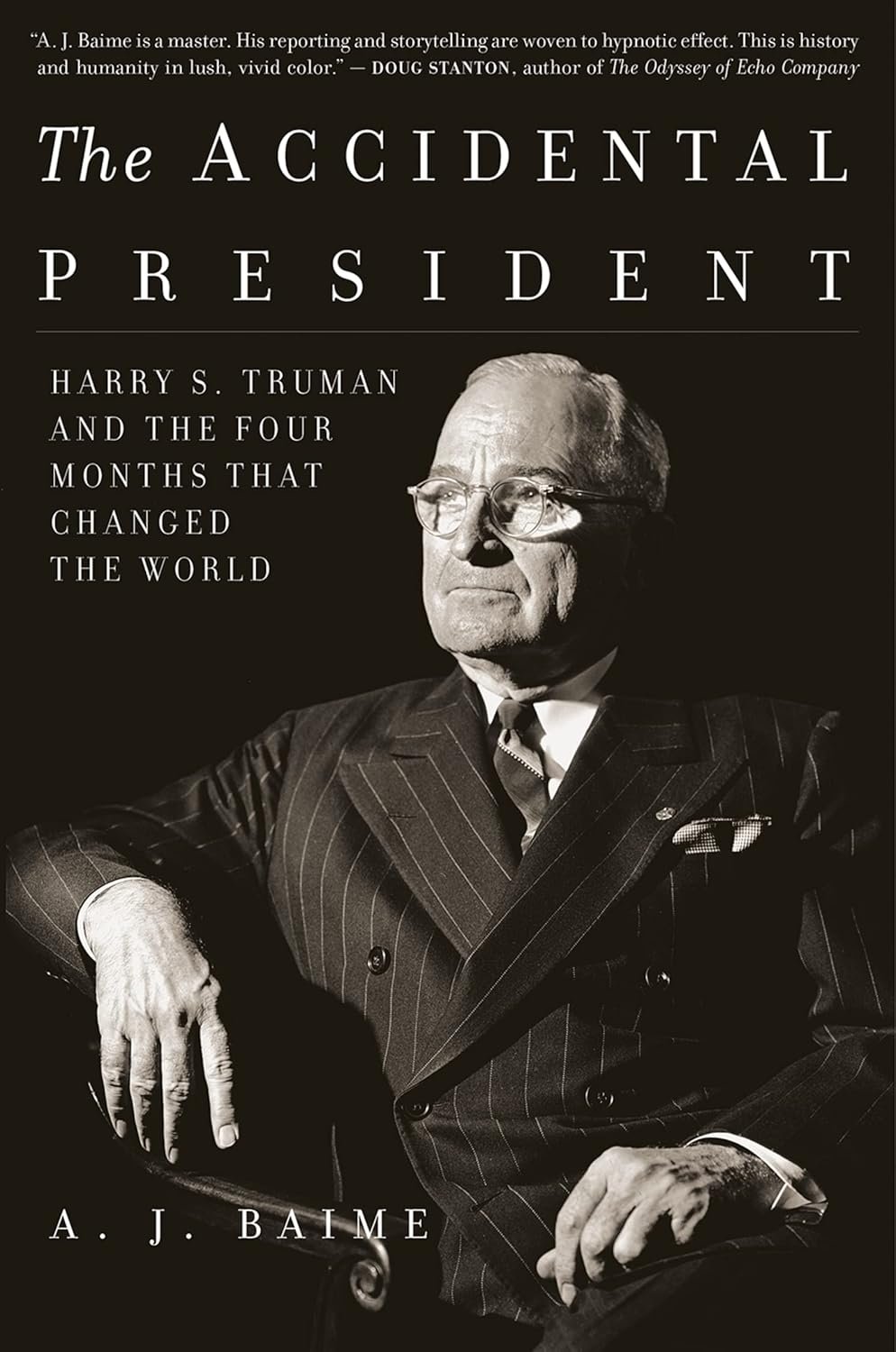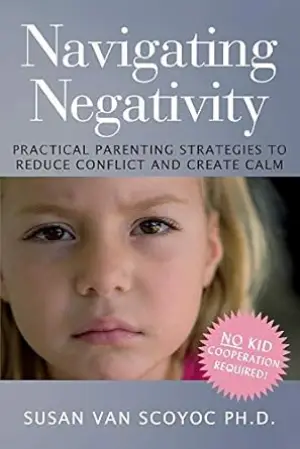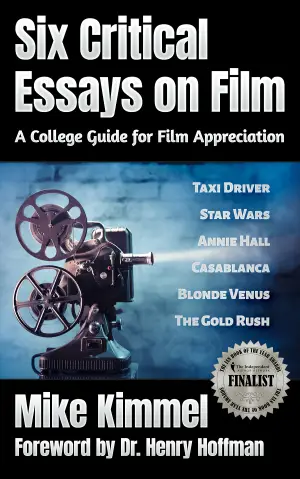Book Review: The Accidental President: Harry S. Truman and the Four Months That Changed the World by A.J. Baime
As a history enthusiast, I’ve always felt a bit bewildered by the figure of Harry S. Truman. Known more as the "accidental president," he was thrust into the role after FDR’s sudden death, and the sheer enormity of his first four months in office has intrigued me for years. That’s why A.J. Baime’s The Accidental President caught my eye—it promised an exploration of a period teeming with momentous decisions and profound ramifications. Spoiler alert: It exceeded my expectations!
Baime’s narrative gracefully captures Truman’s rapid transition from a relatively obscure vice president to a pivotal leader during one of history’s most tumultuous times. The book chronicles the first 120 days of Truman’s presidency, a dizzying span where he faced monumental challenges: the end of World War II, the beginning of post-war reconstruction, and the delicate dance of international diplomacy amid the threats of Stalinist Russia. I found myself drawn into the tension of each moment, feeling as if I were right there with Truman, making humble yet brave choices that would shape the world.
What struck me most was Baime’s ability to inject human depth into Truman’s character. The author deftly portrays him as an “ordinary man” from Missouri, illustrating how his humble origins and practical wisdom became assets amidst chaos. A memorable line in the book, where Truman quips, “If you want a friend in Washington, get a dog,” highlights not just his down-to-earth demeanor but also the weight of loneliness that often accompanies leadership. It resonated with me, showing not only his wit but also the stark reality of political life.
The pacing of the book is a standout. Rather than reading like a dry textbook, Baime weaves his well-researched historical narrative into a page-turner that kept me engaged from start to finish. Each chapter felt like a new, exhilarating episode of a historical thriller. The inclusion of Truman’s own challenges—his controversial decision to drop atomic bombs, as well as the emotional toll of liberating concentration camps—made my heart race and urged me to think critically about moral complexity in leadership.
I particularly appreciated how Baime leaves no stone unturned, candidly discussing Truman’s missteps and moral quandaries without shying away from the hard questions. “Whatever one’s feelings about the morality of the bomb,” writes one reviewer, “this portrait is even-handed.” This fairness is what enables readers like us to engage more authentically with Truman’s legacy.
The Accidental President is not just for history buffs; it speaks to anyone interested in the art of leadership—how ordinary people can rise to extraordinary challenges. It’s a portrait of growth under pressure, and in a world today rife with uncertainty, such lessons are invaluable.
In conclusion, if you seek a gripping account of pivotal moments that shaped the modern world through the lens of an ordinary man turned pivotal leader, I wholeheartedly recommend this book. It left me both enlightened and inspired, reminding me of the resilience we all have within us—just waiting for the right moment to shine.
[ad_2]







